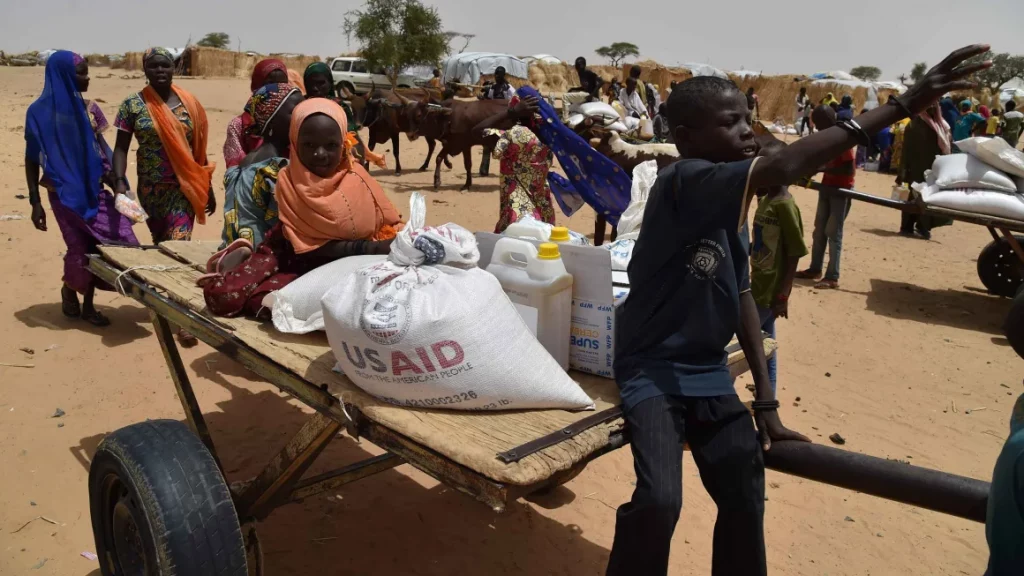The recent decision to reduce United States aid funding is now placing crucial migration and refugee programs in danger. These cuts, which affect efforts in both nearby regions like Latin America and more distant areas such as East Africa, could have long-term consequences on how countries handle migration and displacement.
According to experts interviewed by Devex, the loss of funding will significantly weaken the ability of many governments to respond to migration challenges. This includes managing large movements of people, offering humanitarian support, and developing local solutions that help people stay in their home countries instead of migrating out of desperation.
The Migration Policy Institute (MPI), a Washington, D.C.-based think tank, estimates that the budget cuts could eliminate about $2.3 billion in support for migration-related programs. These programs include community development, job creation, and crisis response efforts designed to reduce the push factors that lead to migration.
How will the aid cuts affect migrants in Central America?
Of the total funding reductions, about $200 million was previously set aside to prevent irregular migration from Central America. The goal of this money was to help people improve their lives locally so they would not feel forced to migrate. With this funding now gone, MPI experts say the U.S. may lose its ability to support regional stability — which could actually increase irregular migration toward the U.S. border in the long run.
Leaked documents shared with the U.S. Congress reveal how deeply these cuts could affect efforts that align with American interests abroad. Aid previously used to create safe, stable environments in high-risk migration zones will now be missing, leaving both migrants and local governments with fewer resources to manage the growing crises.
The impact will also be felt in East Africa, where aid has been a key tool in responding to forced displacement caused by conflict, drought, and poverty. Programs that offer food, shelter, and education to refugees are now at risk, and NGOs that rely on U.S. support are struggling to fill the gap.
As global migration pressures continue to rise, the decision to slash funding may result in increased instability, both in the affected regions and along U.S. borders. Policy experts warn that while the financial savings might seem beneficial in the short term, the long-term impact on migration control, human welfare, and regional partnerships could be severe.

